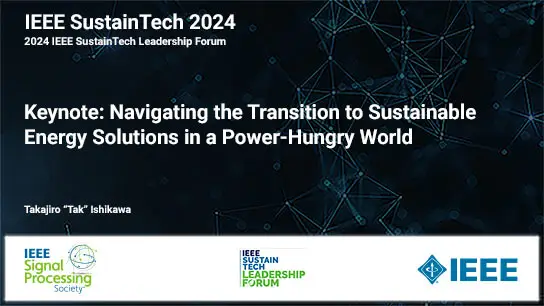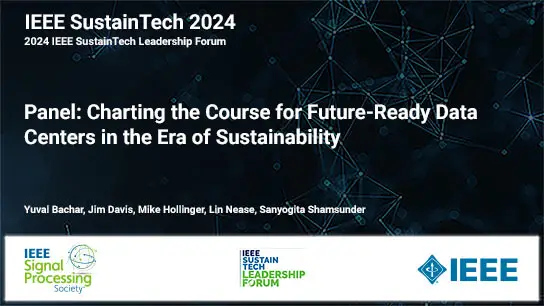-
Members: FreeSPS
IEEE Members: $11.00
Non-members: $15.00Length: 0:59:27
Plenary
17 Apr 2024
In this talk, I will discuss the evolution of signal processing algorithms over the years and the connections between modern approaches and classical approaches. Modern algorithms have better performance, at the expense of additional complexity, and often hard to connect to classical techniques. But, in fact, these modern algorithms are connected to the classical algorithms and understanding these connections can help us gain perspective and insight into the newer algorithms. I will discuss insights in two specific cases, one in sparse signal recovery and the other in deep learning.
The first problem we will discuss is the source localization problem in array processing where the Minimum Power Distortionless Response (MPDR) algorithm, also known as the Minimum Variance Distortionless Response (MVDR) algorithm, is a widely used approach. Recently, sparse signal recovery (SSR) algorithms have been developed to solve the linear inverse problem associated with the source localization problem. The sparse Bayesian learning (SBL) algorithm for sparse signal recovery is one such algorithm and the EM-SBL algorithm will be used as the basis for this discussion. The iterative approach used in the EM algorithm will be provided an MPDR beamformer interpretation making the algorithm more transparent. Additionally, it will enable understanding the new attributes that emerge from the SBL algorithm. Similar insights can be also obtained for the other SSR algorithms.
A second problem is how to estimate one random vector given observations of another random vector. Linear estimation techniques are widely used in many signal processing applications and extended to nonlinear estimation with linear estimation on data augmented with handcrafted nonlinear features. With the advent of deep neural networks (DNNs), nonlinear estimation techniques have become attractive. We will delve into ResNEst, a variant of ResNet, to understand the nonlinear feature learning process, and the linear estimator being constructed based on these features. This insight will allow for replacement of linear estimators with DNNs with the assurance of better estimation performance.



